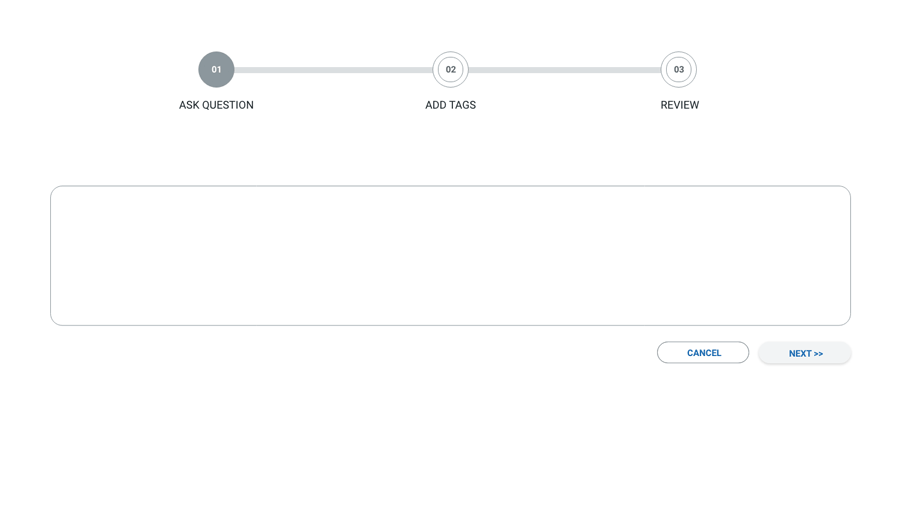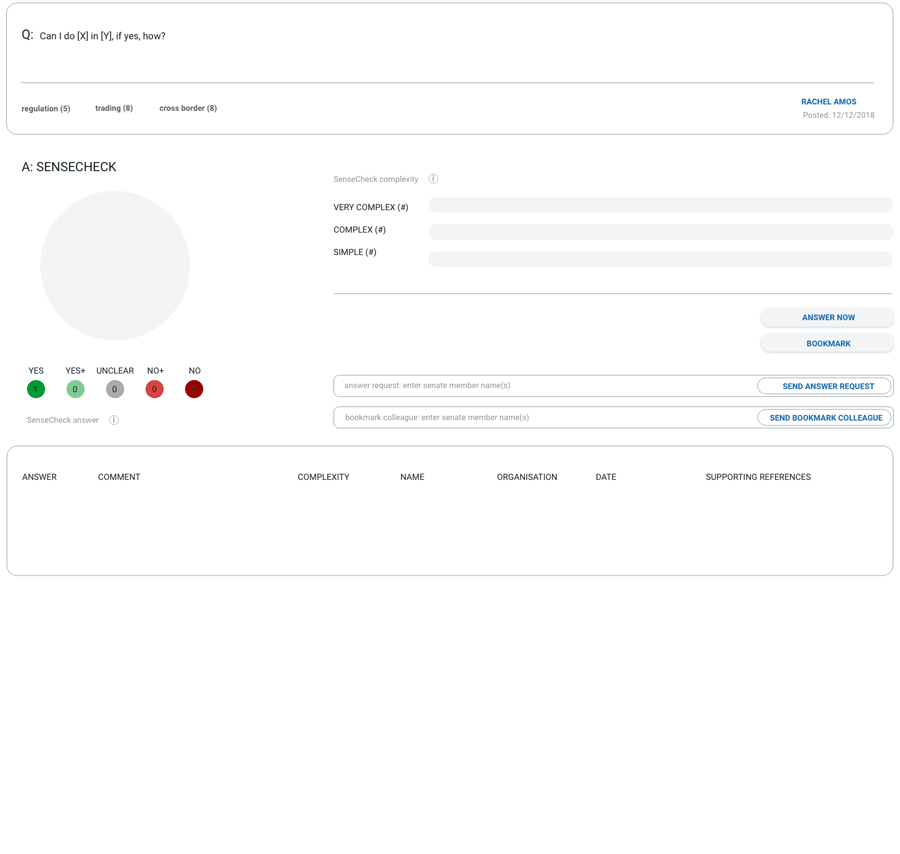can you explain how I should calculate my unit economics?
A: SenseCheck

- 1 Yes
- 0 No
- 0 Other
- 14 Aug 2025
-
Yes
|
Simple
It’s the profitability of your business on a per-customer or per-transaction basis — and investors in early-stage startups care about it as much (sometimes more) than total revenue.
Step-by-step: How to calculate your unit economics
Define your “unit”
For SaaS: one customer for one month.
For a marketplace: one completed transaction.
For e-commerce: one product sold.
For services: one job delivered.
Calculate your Unit Revenue
How much money you earn from selling one unit.
Example: You charge $10/month per SaaS customer.
Example: You sell a T-shirt for R200.
Calculate your Unit Cost (Direct COGS)
The cost directly tied to delivering that single unit.
SaaS: Cloud hosting + payment fees + support for that customer.
Marketplace: Payment fee + delivery cost for that transaction.
E-commerce: Product cost + packaging + shipping.
Find your Unit Contribution Margin
Formula:- Contribution Margin per Unit=Unit Revenue−Unit Cost\text{Contribution Margin per Unit} = \text{Unit Revenue} - \text{Unit Cost}Contribution Margin per Unit=Unit Revenue−Unit Cost
This is the amount left to pay for overhead, marketing, and profit.
Factor in CAC (Customer Acquisition Cost)
How much it costs to get one customer.
Add up your marketing and sales costs for a period and divide by the number of new customers.
Example: You spend $1,000 on ads in a month and get 50 customers → CAC = $20.
Compare Contribution Margin vs CAC
This tells you how quickly you make your money back.Payback period = CAC ÷ Contribution Margin per Unit.
If CAC is $20 and you make $5/month from a customer → payback = 4 months.
Add LTV (Lifetime Value) for deeper insight
LTV = (Average revenue per customer per month × Contribution margin %) × Average customer lifespan (in months).
Investors love to see LTV:CAC ratio — ideally 3:1 or higher at Seed stage.
Example — Nigerian SaaS startup
Unit = 1 paying user/month
Revenue: $10
COGS: $2.50 (hosting + fees)
Contribution margin: $7.50 (75%)
CAC: $15
Payback period: $15 ÷ $7.50 = 2 months
LTV: $10 × 75% × 12 months = $90
LTV:CAC = 90 ÷ 15 = 6:1 ✅ attractive for investors





|
Comment